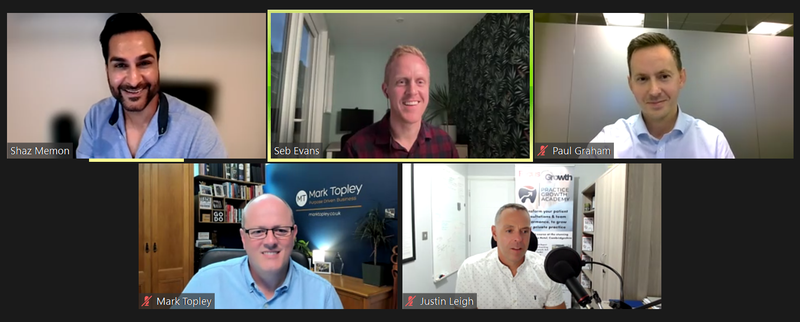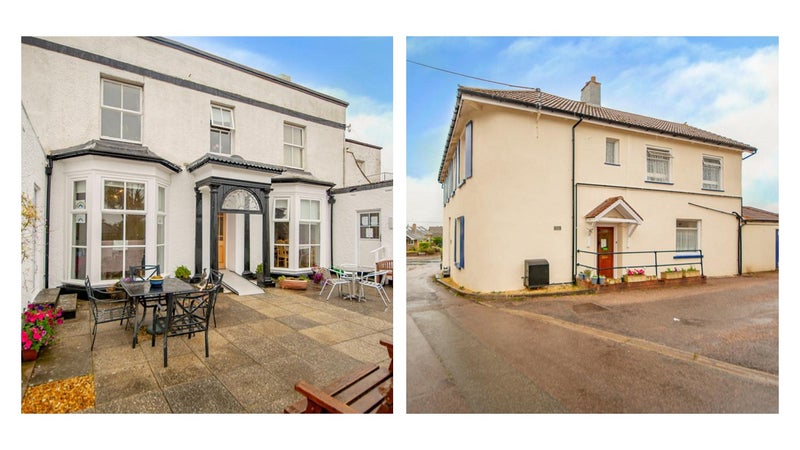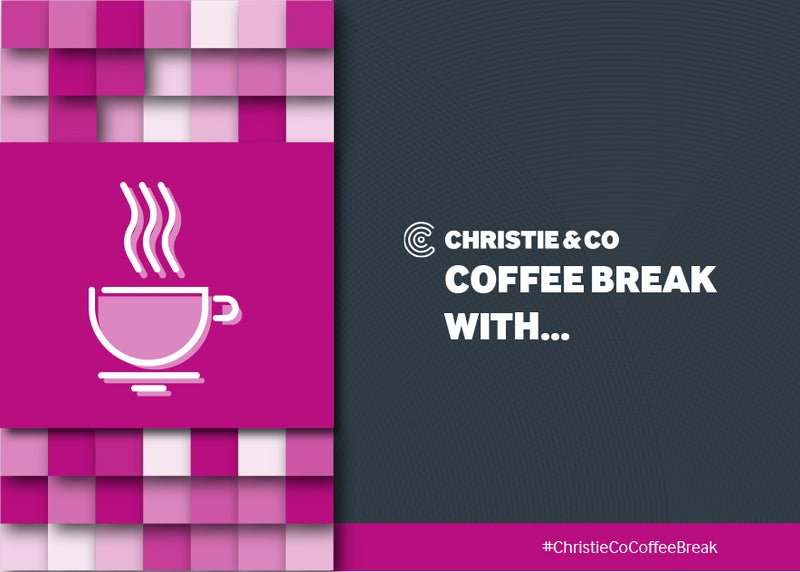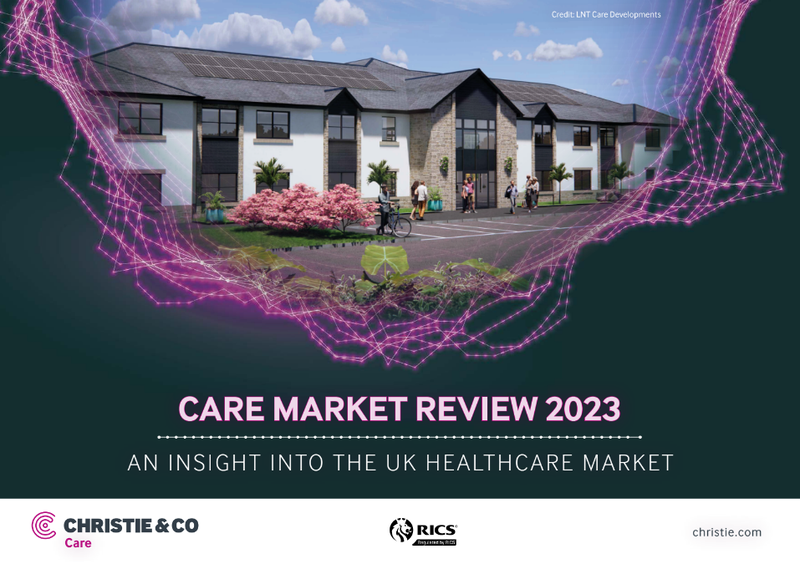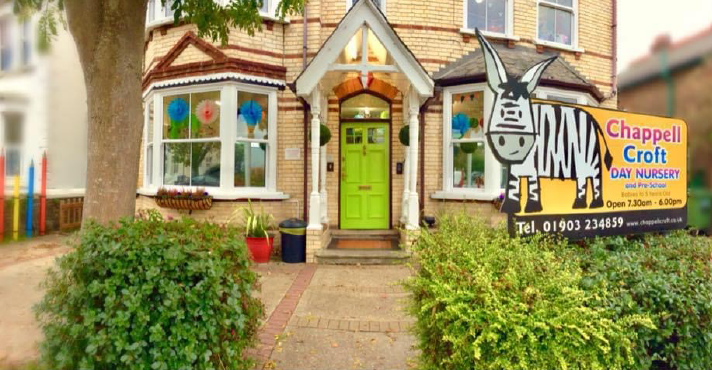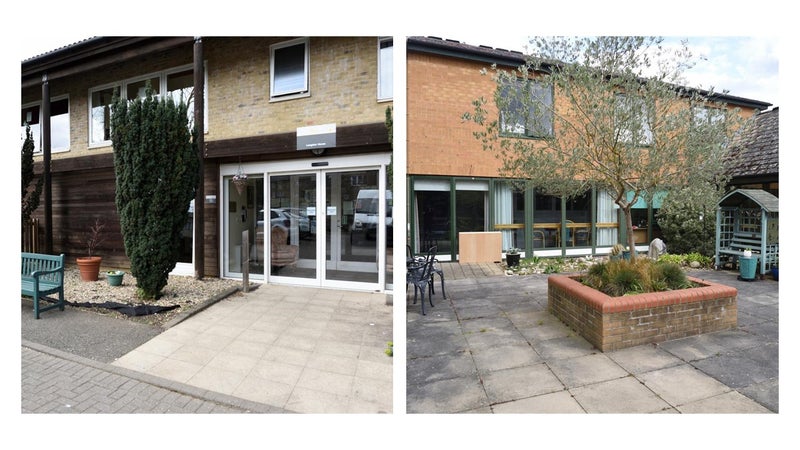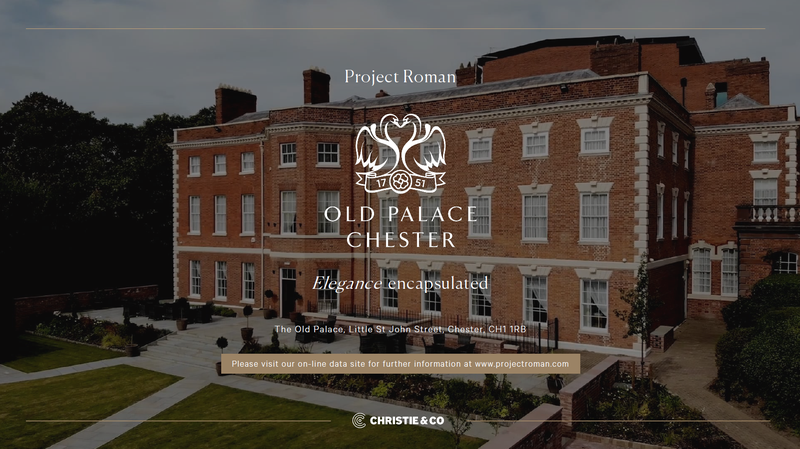Hospitality costs hit 12 year high reveals new report
New data published by UKHospitality, and specialist business property adviser Christie & Co, show Government-implemented costs are taking a significant toll on businesses in the eating and drinking-out sector.
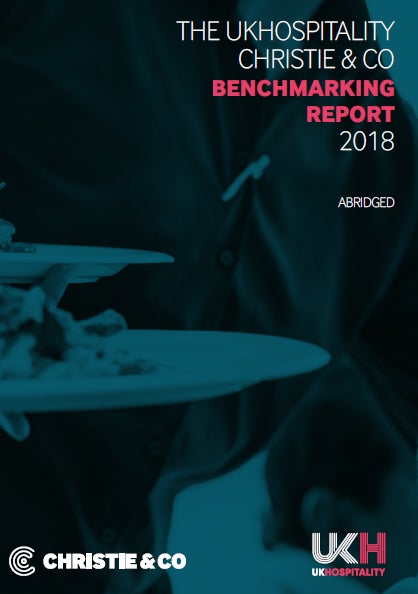
According to the 2018 UKHospitality Christie & Co Benchmarking Report, controllable costs have risen to an average of 52.5% of turnover, the highest in the twelve-year history of the report.
Payroll costs, the single largest cost for eating and drinking-out businesses, now stand at 29.4% of turnover, an increase of 1.5 percentage points in 12 months.
The report also shows a real term shrinking of like-for-like sales that have risen 1.1%, below inflation. Margins for food sales remain flat while margins for drinks sales have declined since last year.
UKHospitality Chief Executive Kate Nicholls said: “The results of this year’s UKHospitality Christie & Co Benchmarking Report make for sobering reading for eating and drinking-out businesses. Costs continue to rise for pubs, bars, restaurants and nightclubs.
“At a time of political and economic uncertainty, the Government must provide support to help address spiralling costs that threaten the future of the hospitality industry in the UK. Additionally, 40% cent of businesses surveyed reported a hike in their business rates and 20% have reported that they have had to cut staff numbers to address cost rises. The Government must immediately commit to reform of a broken business rates system.”
Ramzi Qattan, Director at Christie & Co and report author comments, “This year’s results reflect the continuing evolution of both the UK consumer and investor landscapes. Food sales have reached a new highwater mark, and room revenues continue to grow at a strong pace as more operators are attracted to high margin letting rooms.
"From an investor perspective, we are well past the peak of the investment cycle, with capital expenditure now more subdued. Structural issues such as oversupply of restaurant space on the back of Private-Equity-funded brand rollouts have created further challenges, although thankfully rent levels on the high street are now also well past their peak.”
The report also canvasses business confidence ahead of Brexit, with 40% of businesses believing that Brexit will have a negative impact on business. Respondents have stated that recruitment has already become more difficult, with 1-in-5 employers reporting that EU nationals have already left the businesses as a direct result of Brexit.
Kate said: “Brexit continues to cause concern for many businesses in the hospitality sector. The effects of leaving the EU are already beginning to be felt by some employers. If the Government wants to make a success of Brexit then action to reduce costs now, to mitigate the impacts of leaving, is absolutely necessary.”
Ramzi adds: “The outlook for next year is mixed. We are anticipating further cost rises above the rate of inflation, and at a time when operators must also prepare for the challenges and opportunities arising from Brexit, which is an extremely challenging task given the prevalent uncertainty surrounding what will happen on and after 29 March 2019.”
